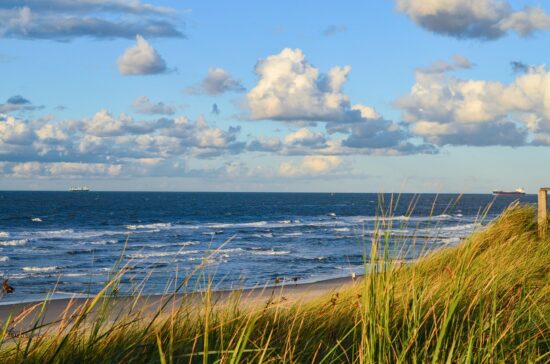Antimicrobial resistance and geographical distribution of Staphylococcus sp. isolated from whiting (Merlangius merlangus) and seawater in the English Channel and the North sea
Staphylococcus is a significant food safety hazard. The marine environment serves as a source of food for humans and is subject to various human-induced discharges, which may contain Staphylococcus strains associated with antimicrobial resistance (AMR). The aim of this study was to assess the occurrence and geographical distribution of AMR Staphylococcus isolates in seawater and whiting (Merlangius merlangus) samples collected from the English Channel and the North Sea. We isolated and identified 238 Staphylococcus strains, including 12 coagulase-positive (CoPs) and 226 coagulase-negative (CoNs) strains.
Our findings underscore the crucial role of wild whiting and seawater in the dissemination of AMR Staphylococcus within the marine environment, thereby posing a risk to human health.
AMR NEWS
Your Biweekly Source for Global AMR Insights!
Stay informed with the essential newsletter that brings together all the latest One Health news on antimicrobial resistance. Delivered straight to your inbox every two weeks, AMR NEWS provides a curated selection of international insights, key publications, and the latest updates in the fight against AMR.
Don’t miss out on staying ahead in the global AMR movement—subscribe now!





